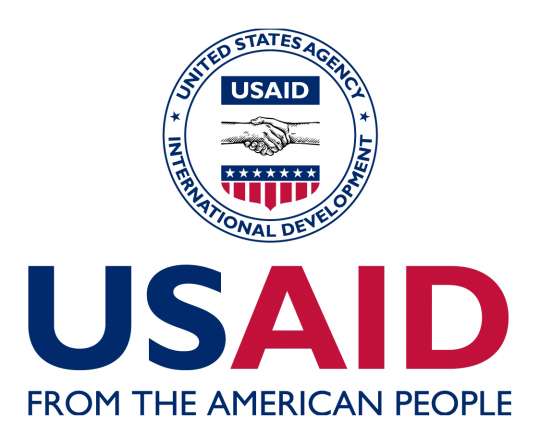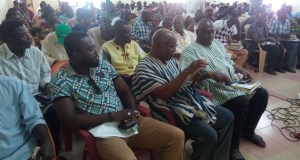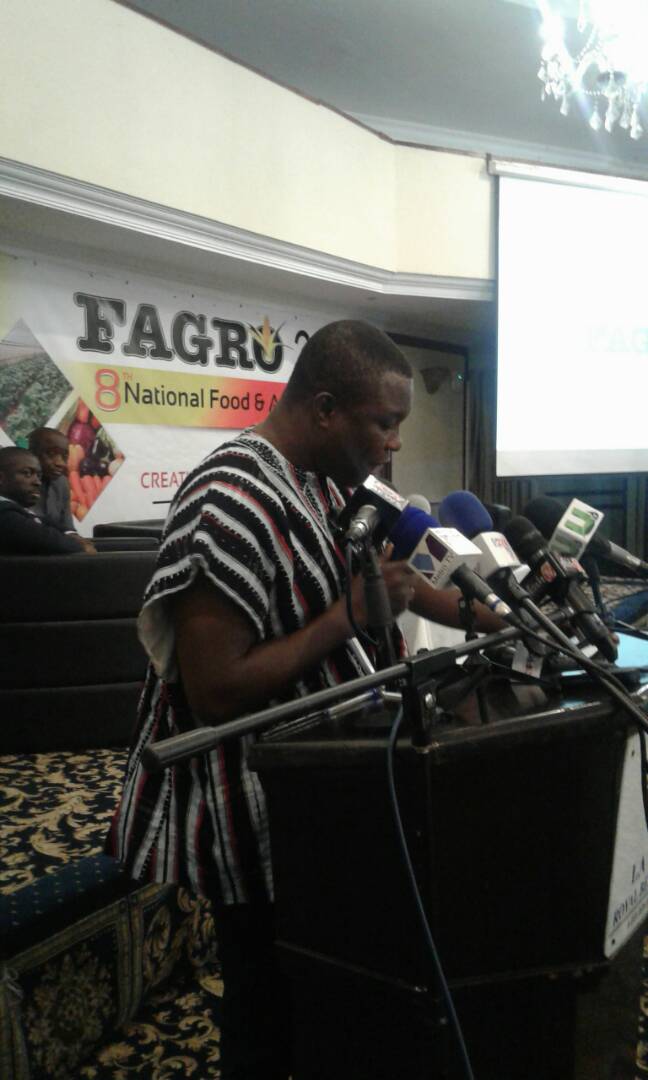USAID Introduces Solar-Powered Irrigation Systems In Northern Ghana

The United States Agency for International Development (USAID) has introduced solar-powered irrigation schemes in northern Ghana to safeguard farmers the trouble of relying on erratic rains for farming activities in the country’s poorest regions.
“USAID is introducing solar-powered irrigation systems in northern Ghana, the US Ambassador, Mr Robert Jackson said, “farmers will no longer have to rely on unpredictable rains to grow their crops.”
Mr Jackson said this during the launch of a $3.8 million Integrated Resource and Resilience Planning (IRRP) project aimed at developing a robust master plan to improve Ghana’s power sector planning for efficient, cost-effective and reliable energy supply to consumers.
The project was jointly launched by the Deputy Minister of Power, Mr John Jinapor, and Mr Jackson at IRRP project workshop on Tuesday.
“We have installed more than 3,000 solar modules and 32 inverters to date,” Mr Jackson said, “these investments are increasing incomes for hundreds of farmers in the north.”
He said the second Millennium Challenge Compact was entered into on September 6 and described the deal as good for the nation.
“The compact itself will bring $498 million in investment from the American people,” he said.
“The private sector operator chosen by the government of Ghana is required to invest another $100 million a year for the first five years of the concession.”
“That is more than a billion dollars going toward returning ECG and other power companies to profitability and reliability.”
Mr Jackson added that he concessionaire would not be setting the tariffs, “the public utilities regulatory commission will continue do that.”
“The compact should not spell the end of rural electrification because the concessionaire will want to increase the number of customers, and the United States government and other private companies will continue to push the development of solar power and other renewables.”
The IRRPP seeks to transform the country’s wobbling power sector and improve lives and businesses.
“Power blackouts hamper productivity, discourage private sector investment and inhibit economic growth,” he noted.
“Through the project we will work with the Ghanaian government to improve power sector planning, establish transmission and distribution infrastructure and increase Ghana generation capacity,” he said.
Mr Jackson said the USAID would boost the sector while promoting cleaner, more efficient, and more cost-effective energy.
“Together we will help Ghana move toward low emissions and low carbon investments, build resiliency to climate change, and safeguard the environment for the long term,” he said.
Officials said most of the IRRP project work will be carried out by Ghanaian experts located in ICF International office in Accra – a US consulting firm implemented the project over the next two years.
A steering committee made up of inter-sectorial Ghanaian stakeholders, including key agencies from power, petroleum, environment and finance sectors, will guide, coordinate and review the project activities.
The energy commission which is the mandated agency for energy planning, will be focal institution for the IRRP project.





